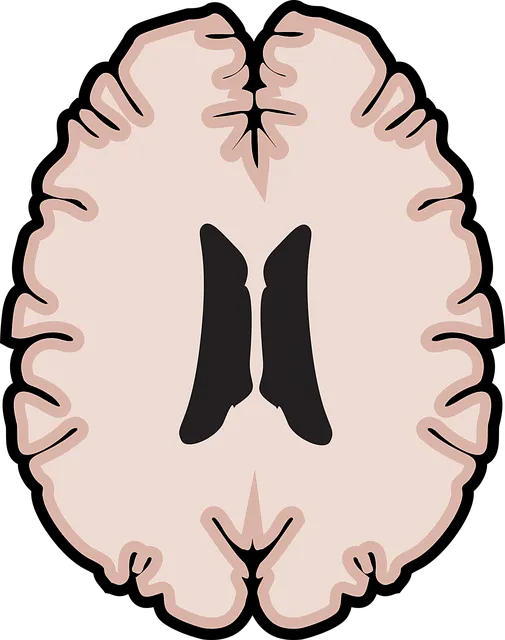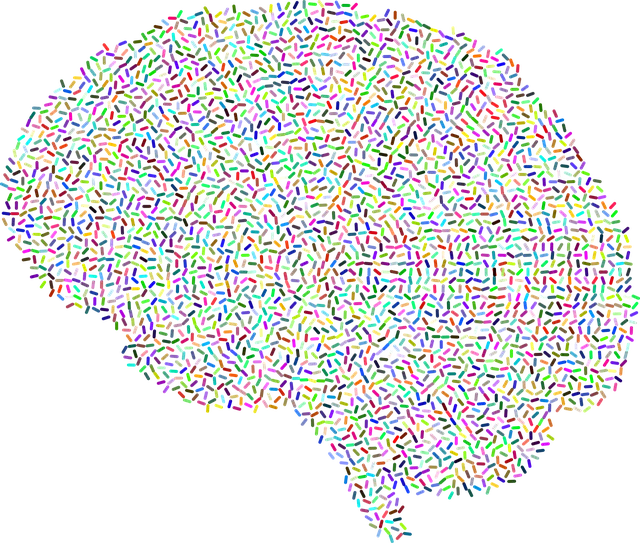The Lone Tree Kaiser Permanente mental health center distinguishes itself with its Resilience Focused Memory (RFM) exercises, a holistic approach combining therapy, mindfulness, and communication strategies. This innovative method empowers individuals to build resilience against stress and adversity, preventing or managing conditions like depression, as evidenced by favorable reviews. By prioritizing burnout prevention for staff and tailored interventions based on risk assessments, the center ensures lasting coping mechanisms and reduced stigma, transforming lives with compassion and expertise. Positive Lone Tree Kaiser Permanente mental health center reviews highlight enhanced patient experiences, cultural sensitivity, and improved mental health outcomes.
“Resilience is a cornerstone of mental wellness, especially in today’s fast-paced world. This article explores how RFM (Resilience, Flexibility, and Mastery) exercises can significantly enhance resilience, particularly at Lone Tree Kaiser Permanente, a leading mental health center. We delve into the benefits of these practices, as evidenced by their positive impact on patient experience, as reflected in Lone Tree Kaiser Permanente mental health center reviews. Understanding RFM’s role is crucial for fostering mental strength and overall well-being.”
- Understanding RFM and its Role in Resilience Building
- Exercises to Foster Mental Strength at Lone Tree Kaiser Permanente
- The Impact of RFM on Patient Experience and Mental Health Center Reviews
Understanding RFM and its Role in Resilience Building

Resilience is a crucial aspect of mental well-being, enabling individuals to navigate life’s challenges and overcome adversity. At the Lone Tree Kaiser Permanente mental health center, reviewed by many for its comprehensive services, Resilience Focused Memory (RFM) exercises are emerging as powerful tools in building this essential skill. RFM involves using specific cognitive techniques to enhance an individual’s ability to adapt and bounce back from stressful situations, fostering a sense of empowerment and emotional control.
This approach, which integrates various mental health practices, aims to strengthen individuals’ resilience by addressing underlying factors that contribute to vulnerability. By combining elements of therapy, mindfulness, and communication strategies, RFM empowers people to face challenges head-on. For instance, mental health professionals can utilize risk assessment techniques to identify potential triggers and develop tailored interventions, thereby preventing the onset or exacerbation of conditions like depression.
Exercises to Foster Mental Strength at Lone Tree Kaiser Permanente

At Lone Tree Kaiser Permanente mental health center, a range of exercises designed to foster mental strength are meticulously crafted to meet the unique needs of individuals seeking support. These initiatives extend beyond traditional therapy sessions, incorporating innovative practices aimed at empowering patients to navigate life’s challenges with resilience. From mindfulness meditation to cognitive behavioral therapy (CBT), the center offers a comprehensive toolkit for enhancing emotional well-being and tackling the Mental Illness Stigma Reduction Efforts head-on.
The dedicated professionals at Lone Tree Kaiser Permanente are committed to Burnout Prevention Strategies for Healthcare Providers, ensuring that both patients and practitioners emerge stronger from their interactions. Through tailored interventions and a supportive environment, they facilitate Risk Assessment for Mental Health Professionals, promoting not just recovery but also the development of lasting coping mechanisms. This holistic approach reflects the center’s dedication to transforming lives by addressing mental health issues with compassion and expertise.
The Impact of RFM on Patient Experience and Mental Health Center Reviews

At Lone Tree Kaiser Permanente mental health center reviews highlight a significant shift in patient experiences, largely due to their implementation of RFM (Resilience, Flexibility, and Mindfulness) exercises. These practices have not only improved patients’ ability to cope with stress and adversity but also enhanced their overall satisfaction with care. The RFM approach fosters cultural sensitivity in mental healthcare practice by encouraging a deeper understanding and appreciation for individual differences, thereby tailoring support to meet diverse needs. Empathy building strategies, a core component of these exercises, have led to more meaningful connections between patients and caregivers, significantly boosting mental health awareness and outcomes. Patients often report feeling heard, validated, and supported, which is reflected in the positive Lone Tree Kaiser Permanente mental health center reviews.
Resilience is a powerful tool for navigating life’s challenges, especially in stressful environments like healthcare settings. The RFM (Resilience, Flexibility, and Mental Strength) framework, as demonstrated through exercises at Lone Tree Kaiser Permanente, effectively enhances patients’ mental well-being. This approach, backed by positive reviews of the center, shows that investing in resilience building can significantly improve patient experiences, making it a valuable asset for any mental health center, particularly those like Lone Tree Kaiser Permanente, aiming to foster a supportive and healing environment.


